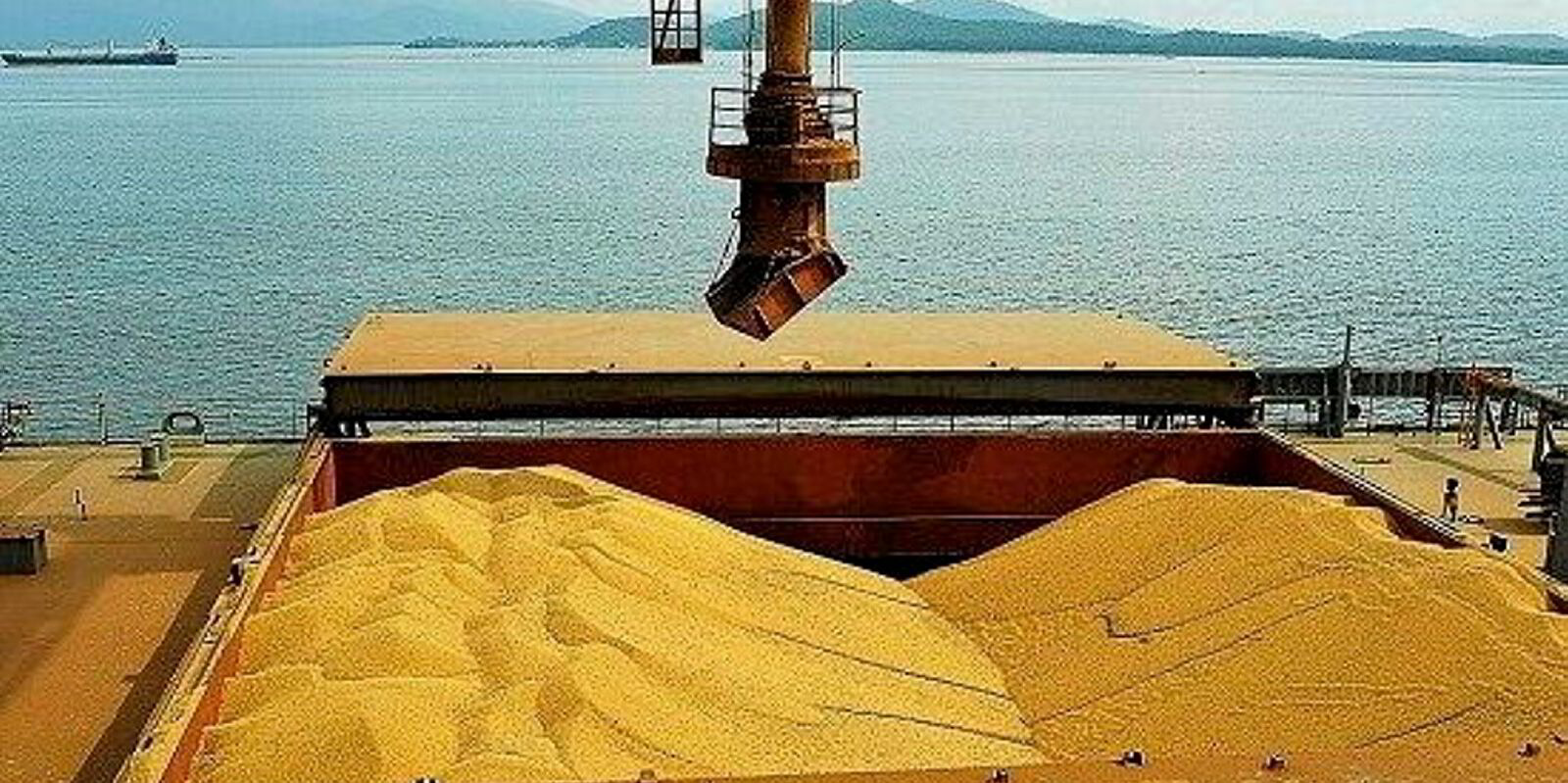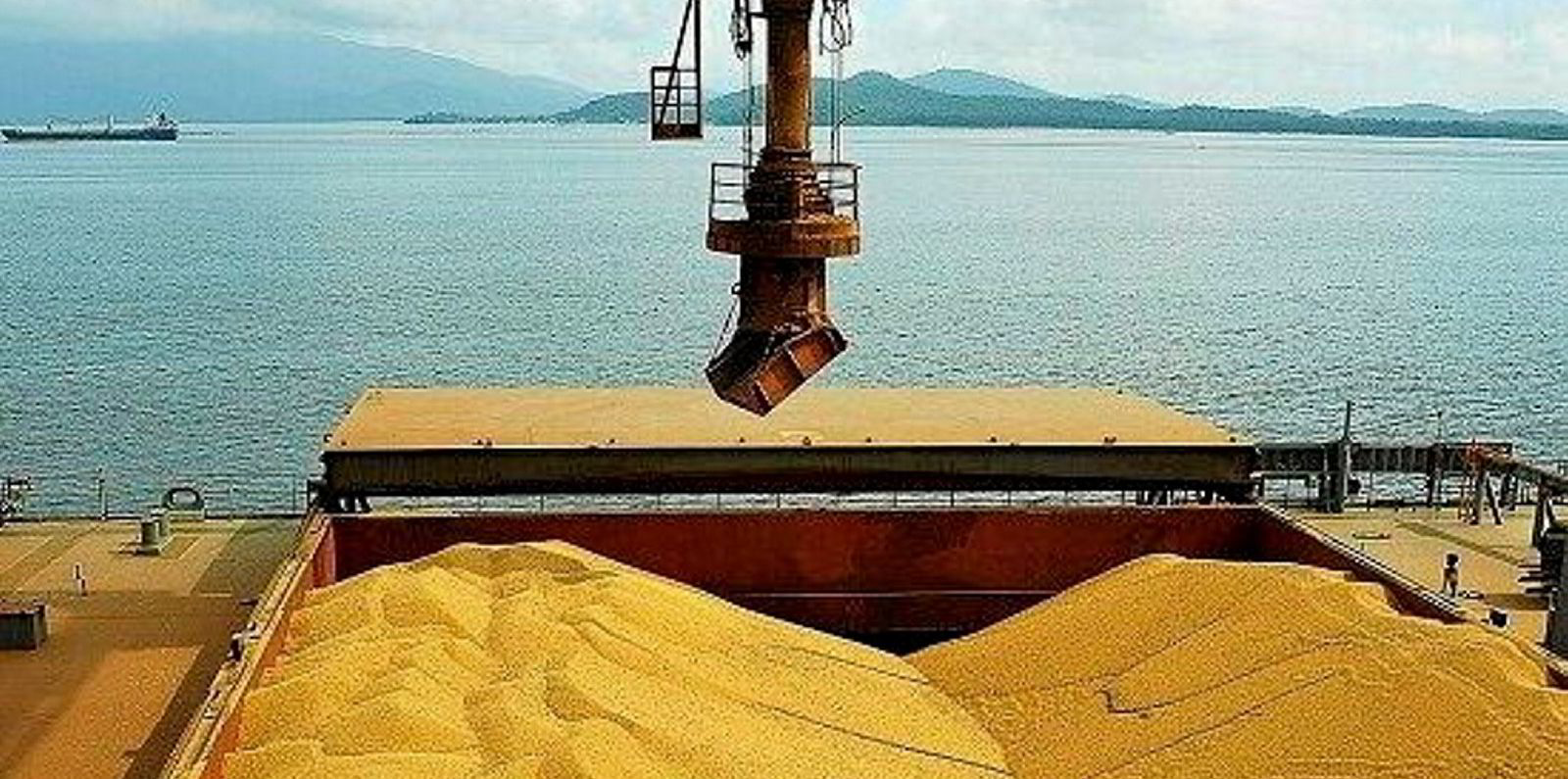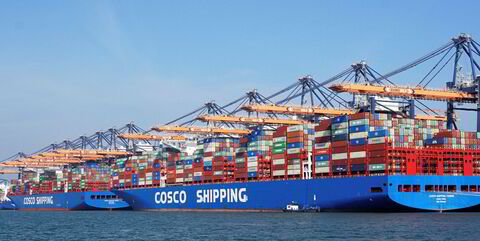A downturn in the farming sector has delivered disappointing results for two global agricultural trading powerhouses, despite gains in volume.
Archer Daniels Midland (ADM) and Bunge’s second-quarter results dropped, on weakened agricultural commodity prices.
Shares of crop trader ADM plunged by as much as 6.7% on the New York Stock Exchange following its lowest second-quarter earnings since 2020. The stock price stood down 1.1% in afternoon trading on Wednesday.
The Chicago company reported a pre-tax profit of $596m, down 47% from a year earlier. Its adjusted earnings per share of $1.03 was below analyst estimates.
But it said rising volumes added $0.19 per share to its earnings.
Chief executive Juan Luciano said: “ADM delivered solid results in the quarter, in spite of challenging market conditions.”
Sinking prices for soybeans, wheat and corn are hitting the agriculture sector. Buyers are less keen to increase their supplies and farmers are more reluctant to sell, market commentators indicate.
Slower selling in top soybean producer Brazil and higher logistics costs also led to “much lower margins”.
ABM said it faced limited trading opportunities in North America as increased supplies from Brazil and Argentina made South American exporters more competitive.
“While large South American crops and shifts in farmer selling behaviours impacted results in the second quarter, we expect improved margin opportunities through the remainder of the year,” added Luciano.
Brazil seaborne soybean exports were just over 101m tonnes in 2023, according to Clarksons. Volumes are forecast at 105m tonnes in 2024 and 107m tonnes next year.
Argentina seaborne soy exports plummeted to 1.9m tonnes last year from 5.5m tonnes in 2022, but are expected to recover this year.
Bunge also reported a decline in second-quarter adjusted earnings per share to $1.73.
Net income slumped to $70m from $622m in the same period of 2023.
Revenue dropped to $13.2bn from $15bn year on year, falling below expectations of $14.13bn. Shares slipped by 8% in afternoon trading in New York following the announcement on Wednesday.
Volumes in Bunge’s agribusiness unit rose to 20.6m tonnes, up from 18.3m tonnes a year earlier.
The company said its performance in the second quarter reflects a more “balanced global supply environment”, which affected the agribusiness results.
Chief executive Greg Heckman said: “Current market conditions have improved in some regions, but we continue to have limited visibility into the latter part of the year.”
Rebounding supplies have dented futures for soybeans, corn and wheat as they slump to their lowest since 2020. Supply disruptions, primarily due to the war in Ukraine, caused prices to spike to record levels.
Eric Priante Martin contributed to this story





